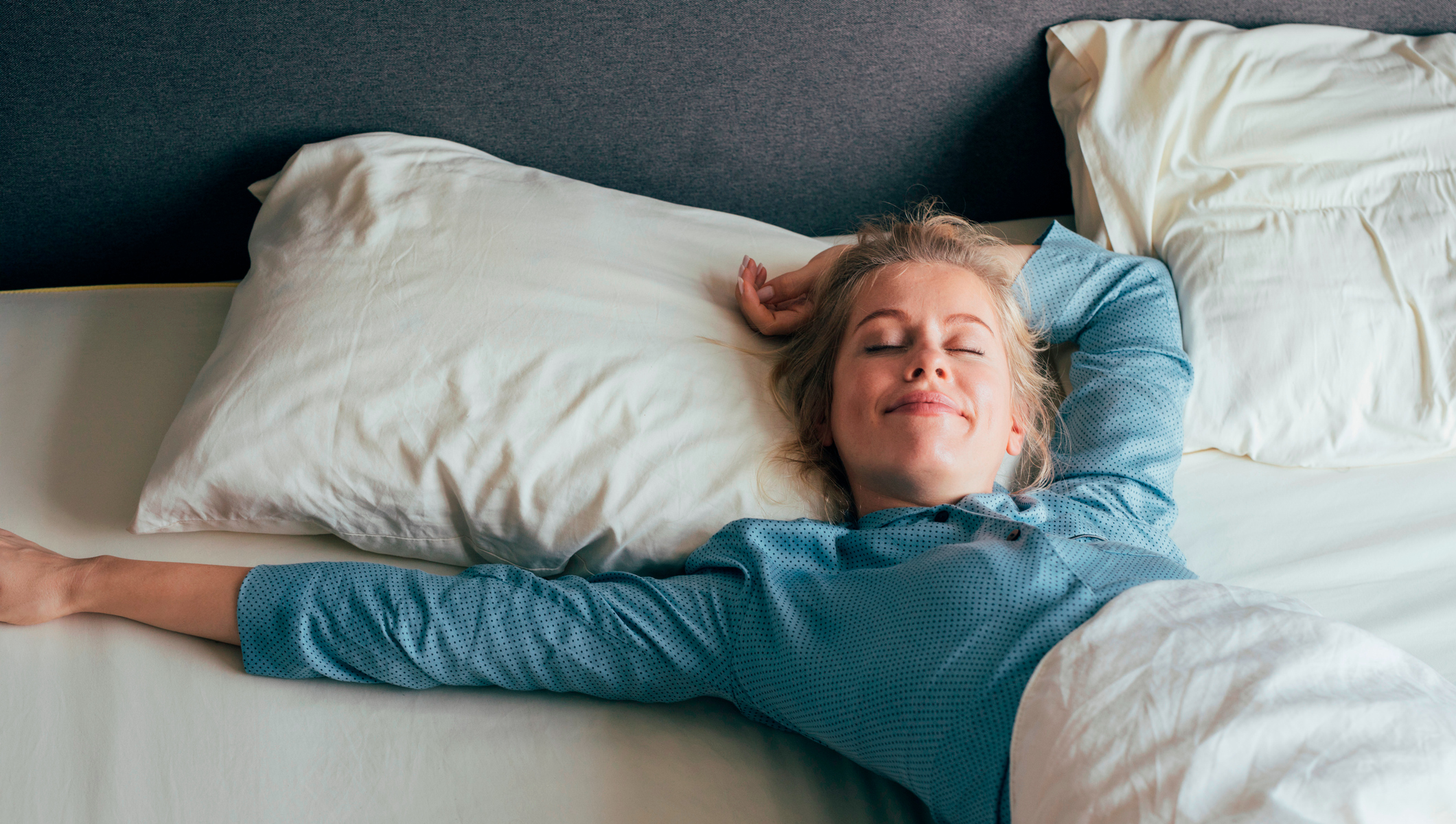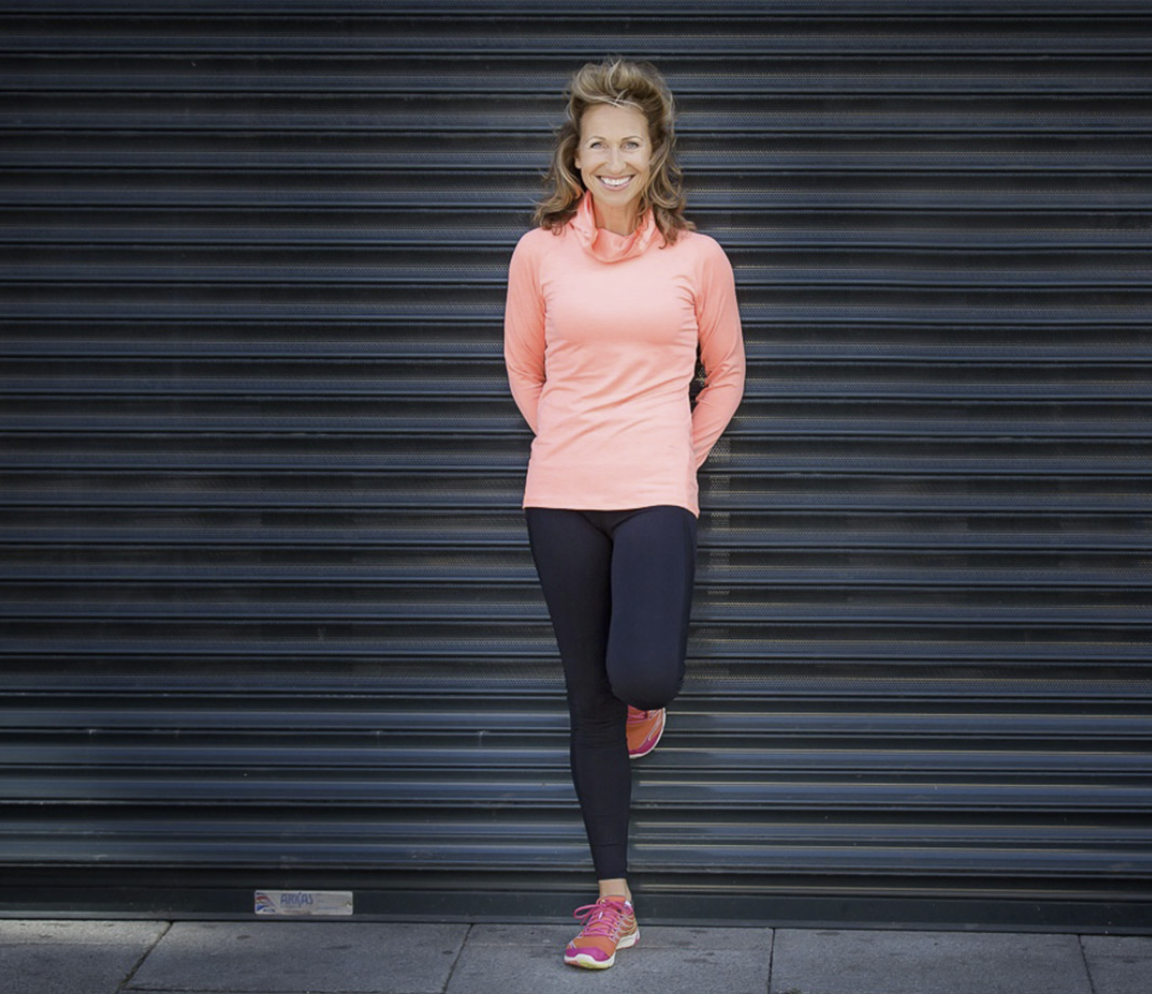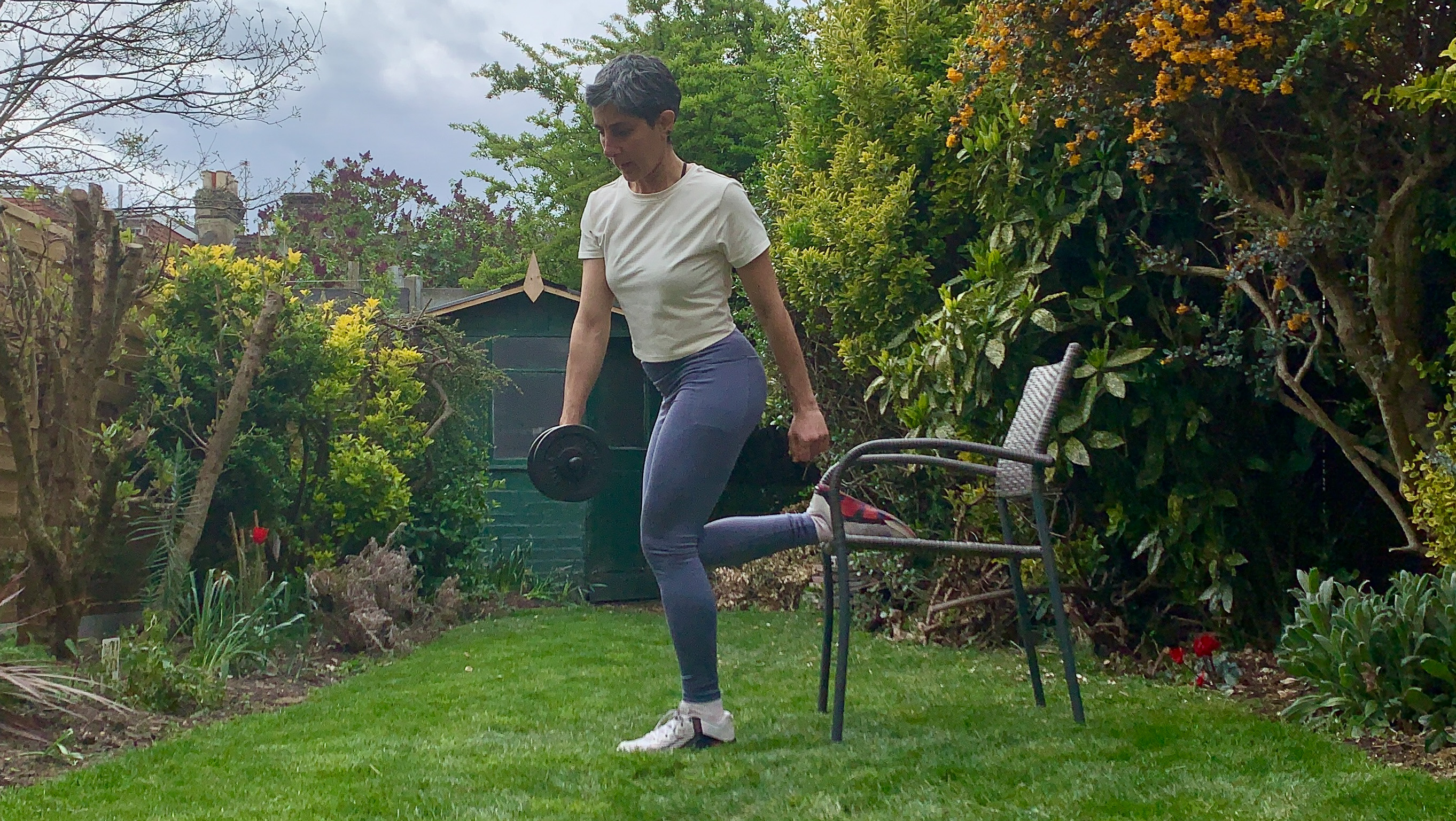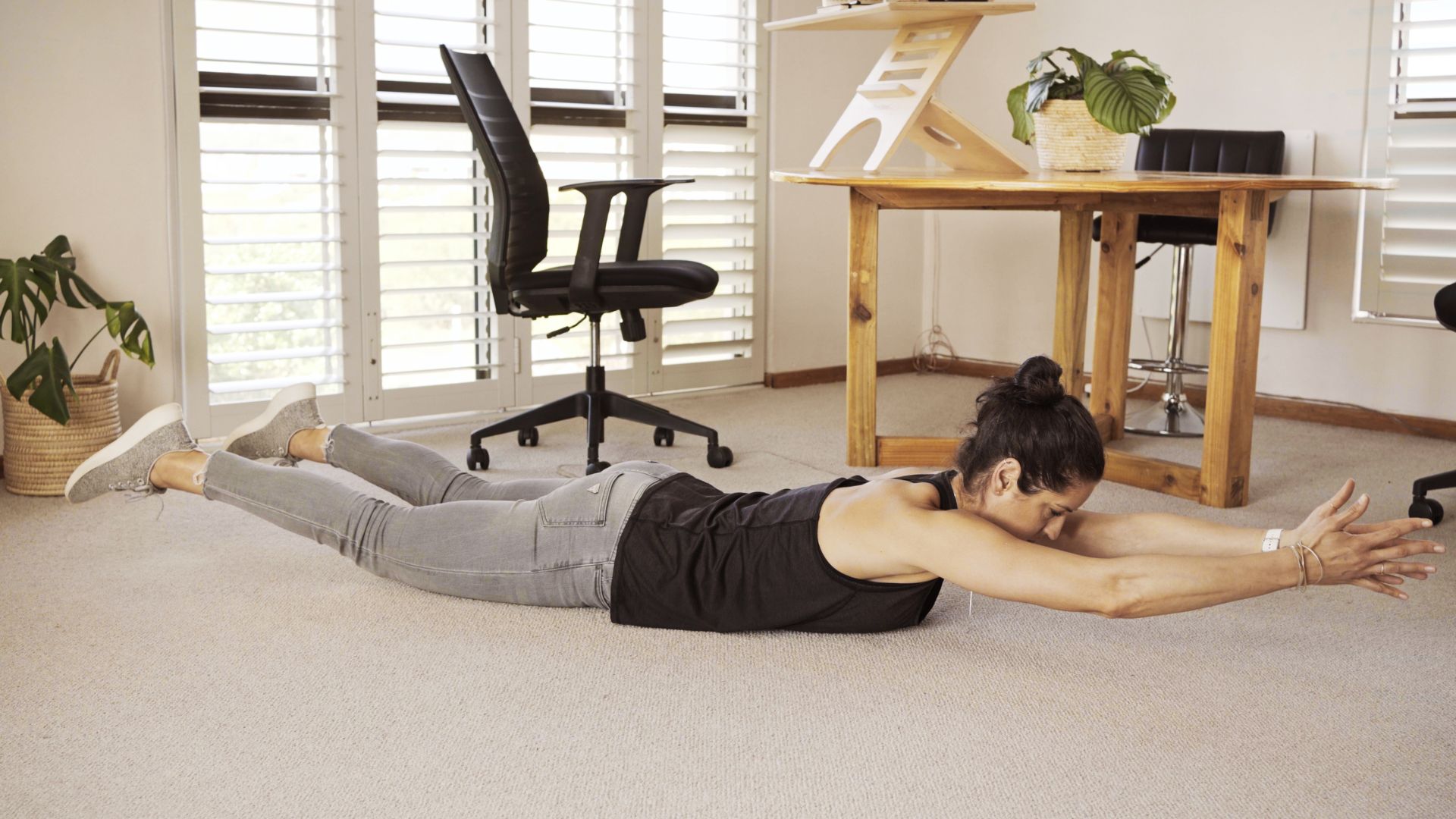Walking 10,000 steps every day is the best thing I've done to improve my sleep—here's why
I went from struggling to get to sleep and staying asleep, to nodding off straight away and sleeping through without a problem

Around this time last year, I decided to set myself the goal of walking 10,000 steps every day. It sounds like a lot and it felt like a lot at first, but having stuck to it almost every day since, I've found that it's well worth getting your steps in.
There are plenty of well-established benefits of walking—it can aid weight loss and weight management, as well as improving your overall cardiovascular health—but one of the unexpected benefits of increasing my step count is that my sleep has dramatically improved.
I've struggled with my sleep in the past. I used to find anxiety would make it hard to nod off, and then I'd wake up through the night and not be able to fall back to sleep.
As my 10,000-steps streak got longer, I noticed I was falling asleep more easily and my sleep quality improved very quickly.
I think there are three reasons for this, which I ran by walking expert Joanna Hall, personal trainer and founder of WalkActive to see if she agreed.

Joanna Hall is a walking, fitness and wellbeing expert. She holds a master's degrees in sports science from Loughborough University, and was a sports medicine intern at Virginia Mason Sports Medicine Clinic in Seattle.
1. Walking eases my anxiety
One of the main reasons I've continued to walk 10,000 steps every day is because it has such a positive impact on my mental health and I think this contributes to my improved sleep.
When I'm having a stressful day, my daily walk is a chance for my brain to decompress, as well as deal with some of the anxieties that might otherwise bother me when my head hits the pillow.
Get the Fit&Well Newsletter
Start your week with achievable workout ideas, health tips and wellbeing advice in your inbox.
Hall says that there's another way walking can improve mental health. "When we're walking in outdoor environments, specifically nature, our brain is stimulated in different ways, so we're exposed to what is called the optic flow," says Hall.
"The optic flow happens when you're looking at something in the distance and your brain is occupied by that," says Hall. "It's a really good way to allow your body to feel more calm and deal with anxiety."
2. Daily walks establishes a routine
I tend to go on my daily walks at the same time each day, usually before work and at lunchtime.
"The fact that you're walking every day creates consistency and the body likes consistency," says Hall. "When the body gets a consistent message, it allows the other metabolic responses to settle down in your body."
This can decrease stress levels as well as establishing a routine—two elements which affect your ability to sleep.
3. Walking tires me out
On the days when I don't manage 10,000 steps, I find myself waking up in the middle of the night or struggling to get to sleep.
But when I walk throughout the day, I feel tired when I go to bed and I regularly sleep through the night, which has significantly improved my sleep quality.
There's science to support my experience. A 2020 study tracked the step count of 59 adults and researchers concluded that those who were more active slept better and for longer. In fact, the four-week study found that increasing your step count day-to-day could impact your sleep that night, as participants' sleep quality improved on their more active days.
Everyone is different, but walking every day is one of the simplest ways to try and get a good night's sleep. I certainly recommend it.
Alice Porter is a freelance journalist covering lifestyle topics including health, fitness and wellness. She is particularly interested in women's health, strength training and fitness trends and writes for publications including Stylist Magazine, Refinery29, The Independent and Glamour Magazine. Like many other people, Alice's personal interest in combining HIIT training with strength work quickly turned into a CrossFit obsession and she trains at a box in south London. When she's not throwing weights around or attempting handstand push-ups, you can probably find her on long walks in nature, buried in a book or hopping on a flight to just about anywhere it will take her.
-
 I swapped my usual core routine for this dumbbell workout—here’s why you should try it too
I swapped my usual core routine for this dumbbell workout—here’s why you should try it tooPick up some dumbbells and try my favorite deep core exercises
By Yanar Alkayat
-
 You don't need any equipment to improve your posture—just these three back-strengthening moves
You don't need any equipment to improve your posture—just these three back-strengthening movesThese three exercises will strengthen key back muscles
By Jennifer Rizzuto